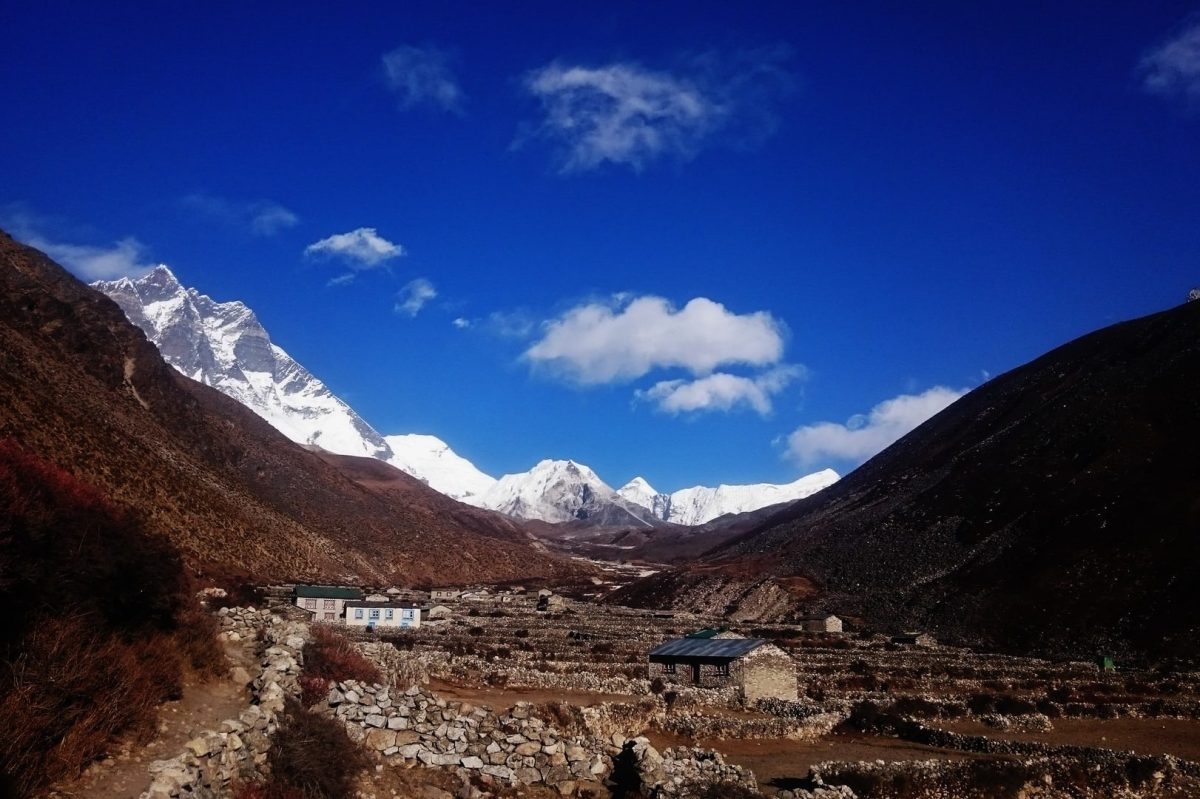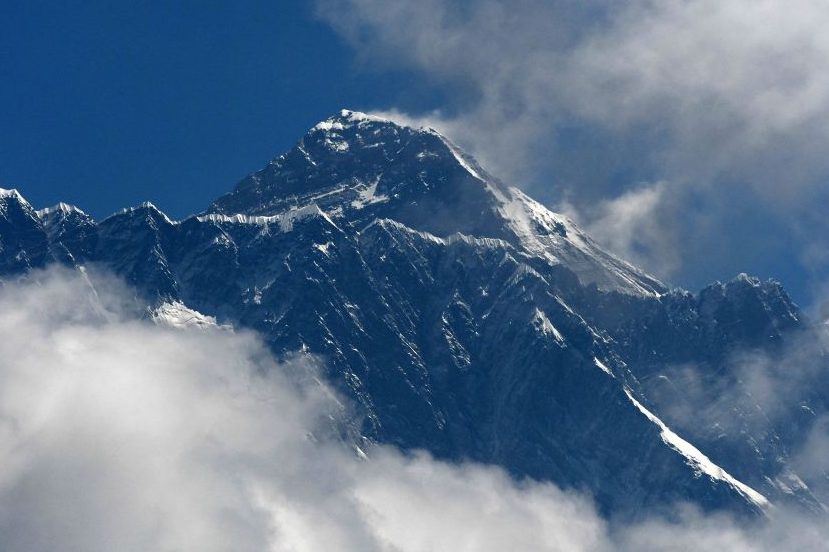Due to advances in technology and a growing worldwide concern over climate change, scientists’ ability to explore and study climate change has improved significantly over the years. But there are still areas in the world where understanding the effects of climate change remains challenging — and among them are some of the highest places on the planet.
A new article at Smithsonian Magazine by Rasha Aridi ventures into the challenge that certain mountains, including Mount Everest, presents to scientists. “There’s a big gap in the research, especially above 5,000 meters [16, 404 feet]—and Everest is 8,850 meters [29,035 feet],” said climate scientist Aurora Elmore. “That huge three kilometers of elevation has been under studied.”
Elmore, who works at the National Geographic Society, was involved in organizing a research trip that sent 34 scientists to Everest to better understand climate change’s effects on the mountain. The scientists’ findings resulted in papers which were published in the journals iScience and One Earth.
Among their findings? Climate change is making the oxygen atop Everest easier to breathe. The scientists also discovered significant variations in the atmospheric pressure on the mountain.
More alarming is the rate at which glaciers in the vicinity are melting. “The team studied 79 glaciers — including the Khumbu Glacier, the highest glacier in the world — and found that between 2009 and 2018, glaciers thinned at nearly twice the rate that they did in the 1960s,” Aridi writes. “And some estimates suggest that a few glaciers have areas on them that have likely lost half of their thickness since the 60s.”
These represent a concerning set of findings — but they also go a long way towards filling in some gaps in contemporary scientific knowledge and, hopefully, spurring future action.
Thanks for reading InsideHook. Sign up for our daily newsletter and be in the know.
















